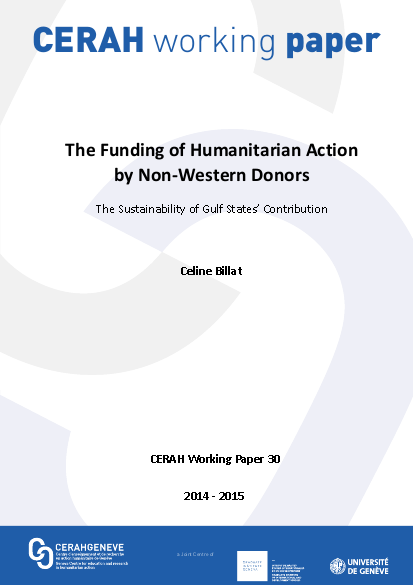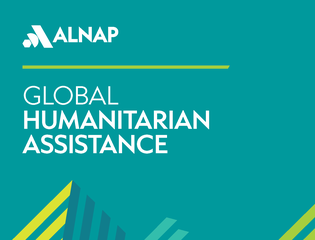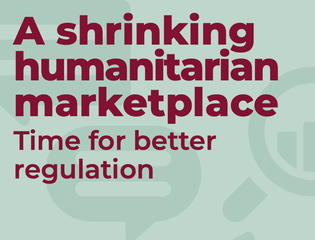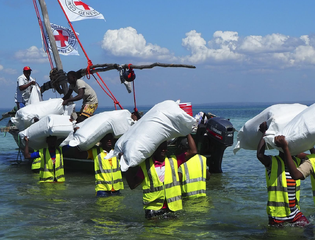
Non-Western donors are increasingly funding humanitarian action and among them Gulf States are dominating the aid flows. Saudi Arabia, the United Arab Emirates, Kuwait and Qatar are the four Gulf donors most significantly contributing. Indeed, those four donors have raised their contributions from 1% of the total humanitarian funding in 2000 to reach 7% in 2014.
The main issue is therefore to address the following question: is increasing Gulf States’ contribution to humanitarian action a sustainable trend? Or is it only due to ad hoc and temporary reasons and might thus wane once these specific factors disappear?
This paper argues that Gulf States high-level humanitarian funding is indeed likely to continue on a middle/long term perspective. This finding is based on the three main following arguments. Gulf States’ donorship is anchored in their religion and culture, combined with great political interests in funding humanitarian action essentially linked with their strategic foreign policy considerations (Part I). These factors lead Gulf States to implement a sustainable strategy articulated around two parallel dynamics: the integration into the traditional humanitarian system (understood as the Western system coordinated by the UN) through increased penetration of its institutions and increased funding and partnerships with Western actors (Part II) at the same time as the building of their own national and regional institutional and operational systems (Part III).


